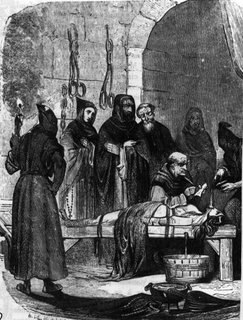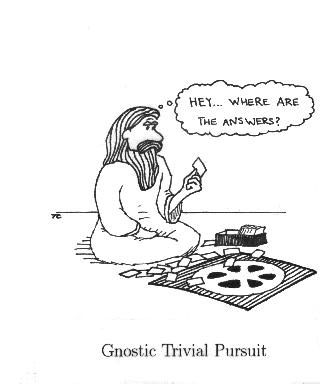LUTHER 1527 Arianism


LUTHER 1527
In this sacred text, “This is my body,” Dr. Karlstadt tortures the word “this,” “Zwingli tortures the word "is," Oecolampadius tortures the word “body.” The others torture the whole text and transpose the word “this,” setting it at the end and saying, “Take, eat; my body, which is given for you, is this.” Some torture the text halfway and set the word “this” in the middle, saying, “Take, eat; what is given for you, this is my body.” Others torture the text thus: “This is my body in remembrance of me,” i.e. here my body must be not the natural one, but only a memorial of my body, so that the text may read, “Take, eat; this is a memorial of my body, which is given for you.” Martin Luther
Arianism
Arianism agrees with those systems in lowering the Son to the sphere of the created, which of course includes the idea of temporalness and finiteness. It at first ascribed to him the predicate of unchangeableness also, but afterwards subjected him to the vicissitudes of created being. This contradiction, however, is solved, if need be, by the distinction between moral and physical unchangeableness; the Son is in his nature changeable, but remains good by a free act of his will. Arius, after having once robbed the Son of divine essence, could not consistently allow him any divine attribute in the strict sense of the word; he limited his duration, his power, and his knowledge, and expressly asserted that the Son does not perfectly know the Father, and therefore cannot perfectly reveal him. The Son is essentially distinct from the Father…. The dogma of the essential deity of Christ seemed to Arius to lead of necessity to Sabellianism or to the Gnostic dreams of emanation. As to the humanity of Christ, Arius ascribed to him only a human body, but not a rational soul, and on this point Apollinarius came to the same conclusion, though from orthodox premises, and with the intention of saving the unity of the divine personality of Christ.
HISTORY OF THE CHRISTIAN CHURCH Schaff Volume 3 NICENE AND POST-NICENE CHRISTIANTY A.D. 311-600
(Pages 645-646)

0 Comments:
Post a Comment
<< Home